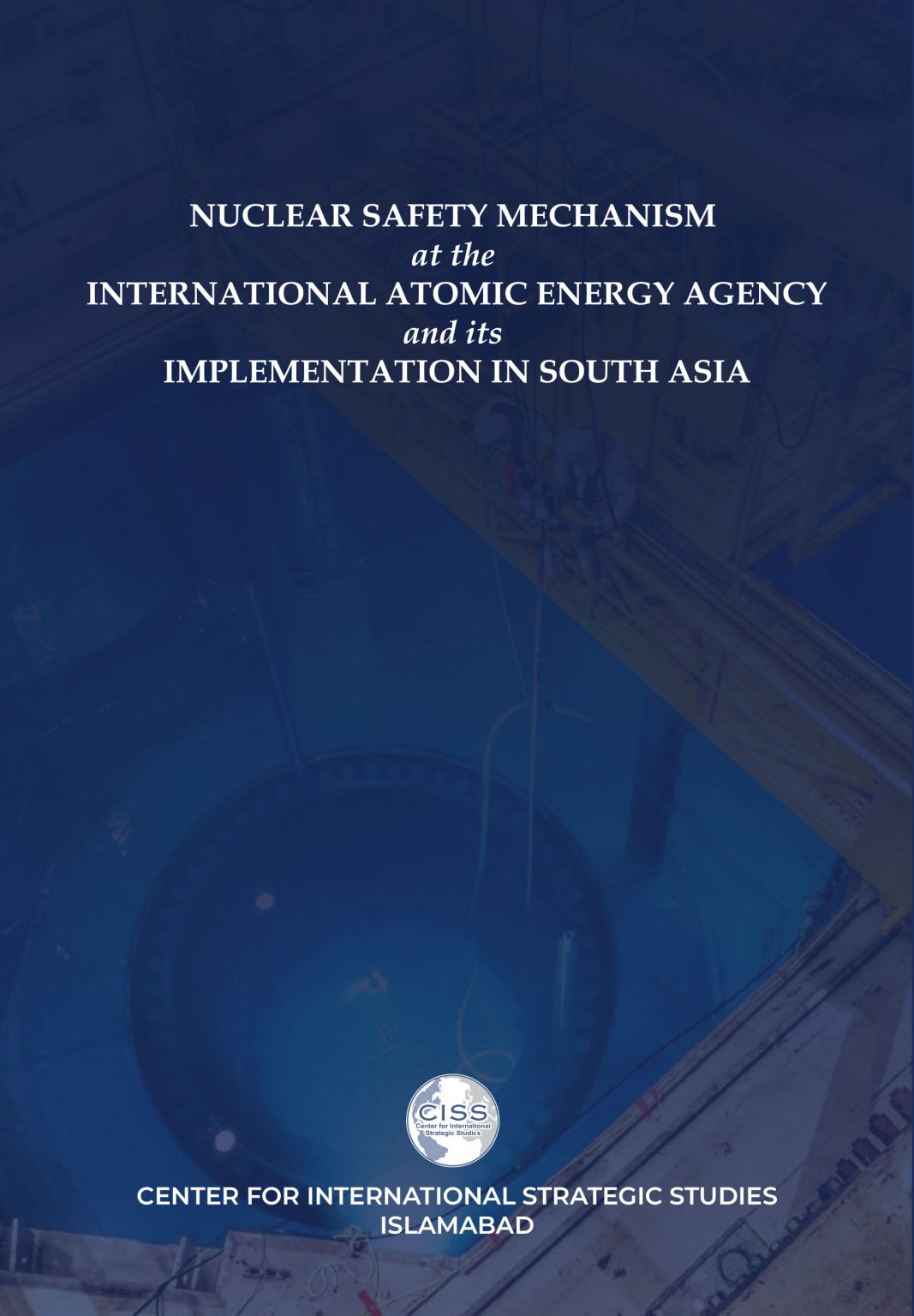Introduction
Nuclear technology is becoming increasingly important as a source of energy as more states aspire to acquire it. By 2020, almost thirteen European Union (EU) countries utilized nuclear technology for peaceful uses, whereas others such as Türkiye, Saudia Arabia, Iran, South Korea, Brazil, and Japan wish to use this technology. However, the safety of nuclear technology is a pressing concern, as accidents like Chernobyl and Fukushima have shown. The International Atomic Energy Agency (IAEA) has set nuclear safety and security (NSS) standards and protocols for countries that acquire nuclear technology for peaceful purposes. Pakistan has been a success story in this regard, meeting all the IAEA’s guidelines with no reported incidents. The IAEA’s standards help countries prevent nuclear accidents and incidents. They cover a wide range of topics, including the design and operations of nuclear facilities, transportation of nuclear materials, and security of nuclear facilities and materials. Implementing the IAEA’s nuclear safety mechanisms is significant for South Asia region as it is home to two nuclear powers and other states interested in nuclear energy, such as Bangladesh. This report explores how the IAEA’s nuclear safety mechanism is applied and enforced in South Asia, highlighting its importance in ensuring the safe and secure use of nuclear resources in this dynamic and geopolitically significant part of the world, where responsible behavior gains salience.

